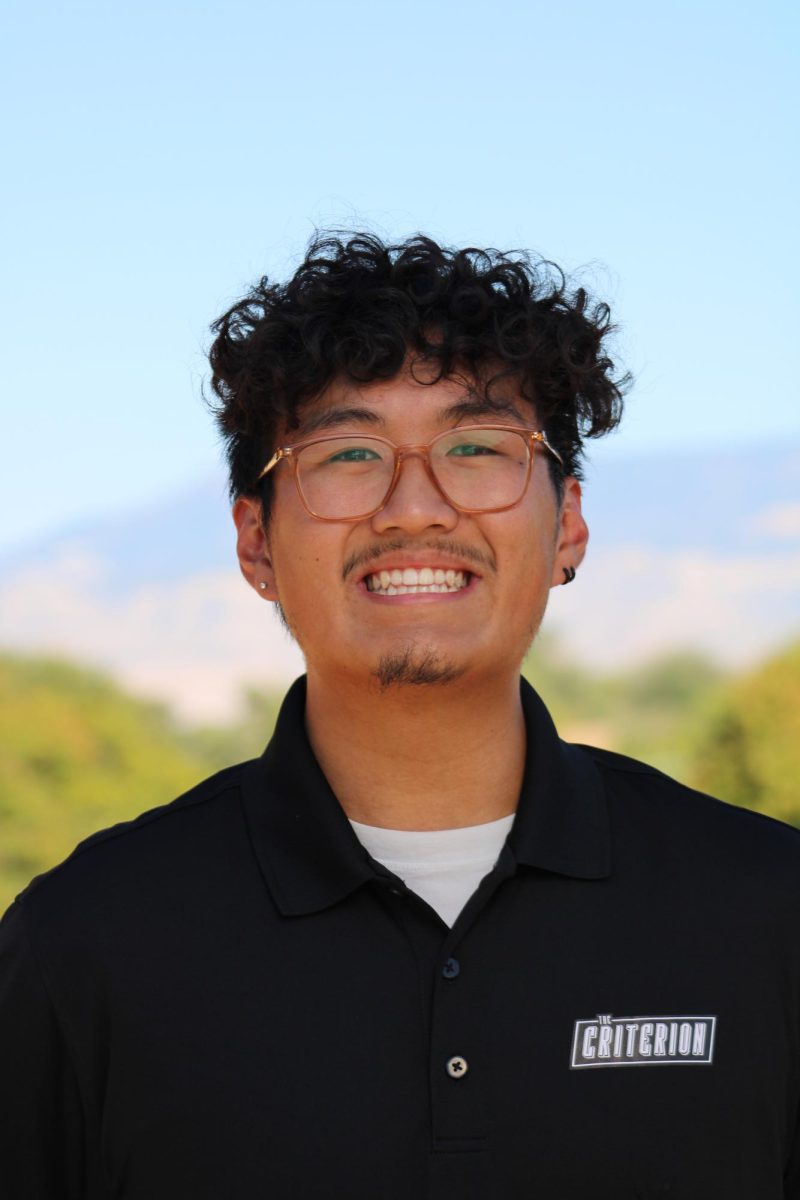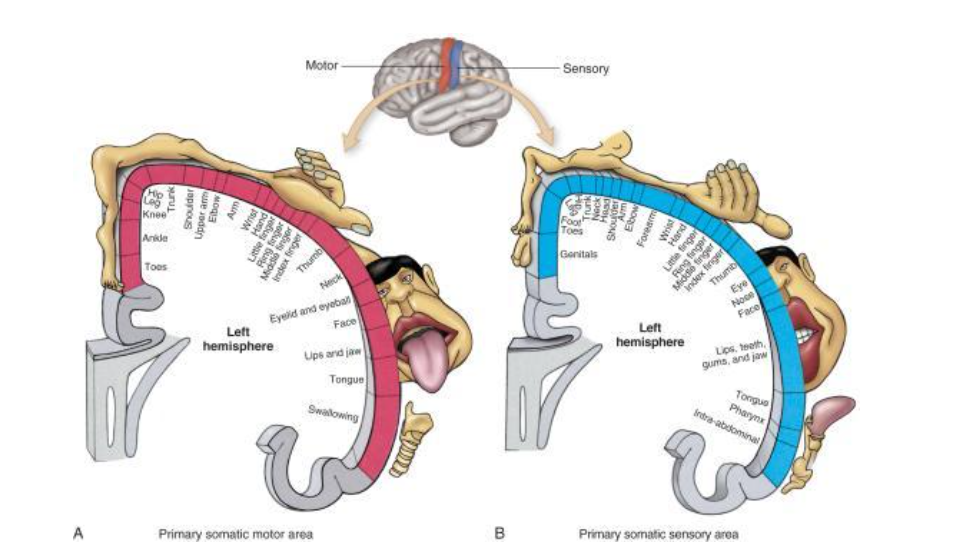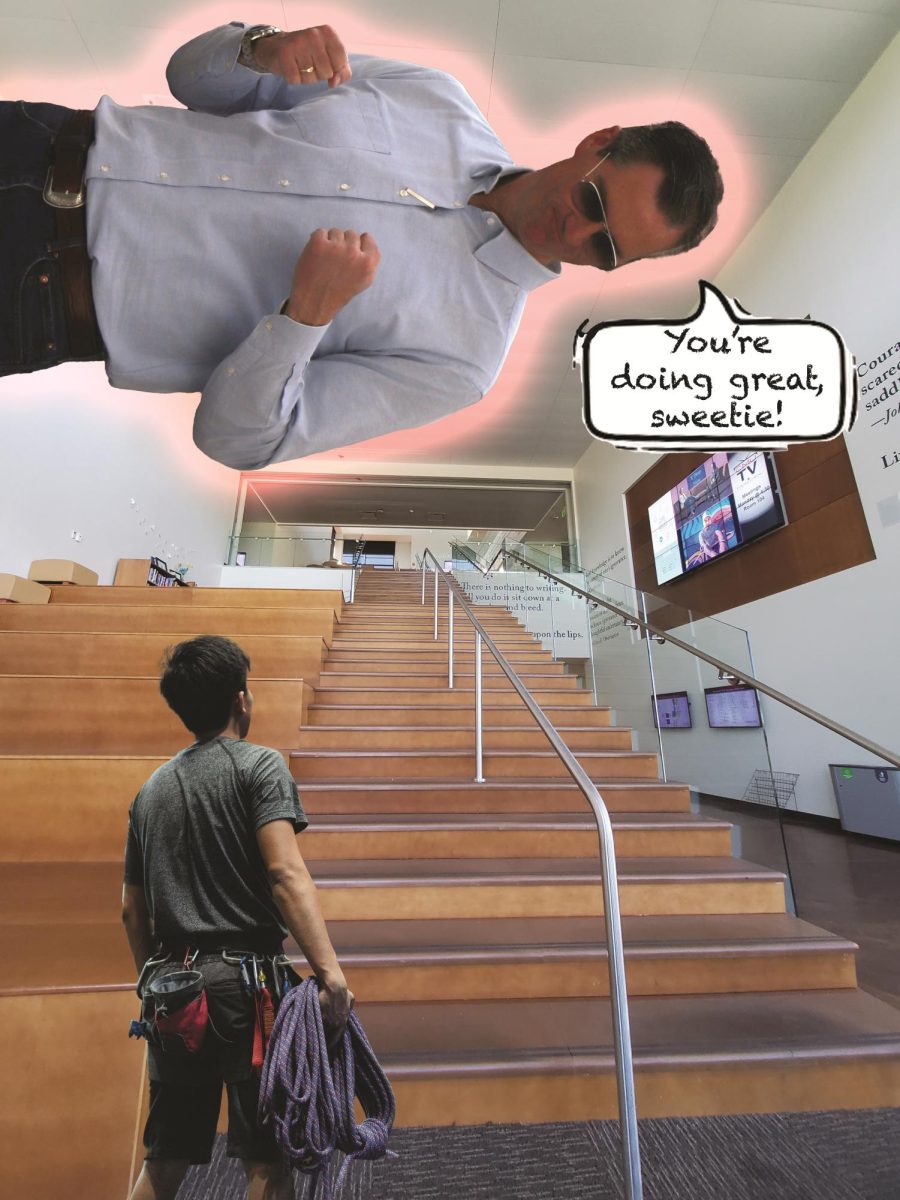by Tyler Fransen
Colorado’s proposition 106 is a ballot measure that gives patients the freedom to decide when to end their life. It does not promote teenage suicide, it does not give doctors the freedom to commit murder and it isn’t a bill that was drafted hastily. This is in response to last week’s Criterion article titled, “A fatally flawed proposal: vote ‘no’ on assisted suicide in Colorado.”
For those unfamiliar with the measure, it breaks down like this. Under prop. 106, if a person has six months or less to live, and wishes to end their life, they need to be evaluated by a psychological professional and given the all-clear by doctors. Additionally, the proposal specifies two unaffiliated physicians must conclude the patient has six months or less to live.The bill also states doctors can write a prescription that brings on death, but it’s made very clear the patient must administer it themself.
“We have hospice care and modern medication that allows the elderly and ill to live out their final days with their families relatively pain-free,” Father Henry Wertin was quoted saying in the original article.
The point of hospice care is to make a patient who is dying as comfortable as possible, and they’re usually doing so with powerful pain medication to ease their very existence.. My grandmother was in hospice care, and I can tell you right now, that it was not “relatively pain-free.” Knowing my grandmother was suffering and in pain gave me no satisfaction, and it especially didn’t ease my own pain knowing she did not have a choice in the matter of her own death.
“Our generation has lost sight of the value in suffering,” was written in the article.
There is no value in suffering when you are lying in a cold hospital bed with tubes and wires surrounding your body. Suffering of the patient is not what medicine is about, and it’s not what doctors are about. Try walking up to a terminally ill cancer patient and telling them there’s, “value in suffering,” and see what happens.
“Look at someone who only has a few days left to live, wouldn’t there be a triumph if they lived each and every day they are given on this earth instead of taking a pill and calling it quits early? We hear stories about children who are diagnosed with cancers and Leukemia at young ages and yet live with smiles on their faces,” was written in the article.
Proposition 106 does not apply to children, because children often cannot make their own medical decisions until they are 18, and even then most 18 year olds don’t have their own health insurance, meaning the bill does not apply to them either. And, quite frankly, it’s impossible to live out your final days in triumph when you’re metaphorically chained to a hospital bed by the machines and medicines keeping you alive, and subsequently in pain. These patients are not “calling it quits,” they are making an informed and long thought out decision made with their families and doctors, as to how they want to die peacefully.
“Try explaining to a depressed high schooler why it isn’t okay for them to end their lives, but it is okay for their grandma,” was written in the article.
What the depressed high school kid may fail to realize now is suicide for them is a permanent solution to a temporary, or at least manageable, problem. Proposition 106 does not apply to the depressed high schooler.
For the grandmother, however, suicide for them is a permanent solution to an already permanent problem, which is why prop. 106 was drafted. Equating the problems of the teenager and their grandmother fails to recognize that their grandmother has lived her life, and has lived it well. The depressed high schooler may feel like it’s over for them, but it’s not.
As for their grandmother, she knows what she is doing is not enjoyable, or even happy. What it is though, is dignifying. It shows even in their last moments on earth, they made a decision to take initiative and go out when they knew the time was right.
“Allowing physician-assisted suicide doesn’t take suffering out of the world. It adds suffering when families have to make the decision that the life of their loved one is no longer valued,” was written in the article.
Wanting our loved ones to live longer while they’re lying in a hospital bed, just because we don’t want to see them go, is selfish and apathetic. No one wants to see their loved ones go, but I can almost guarantee no one wants to see them lie in a hospital with needles in their arms either.
We put our pets to sleep when they grow old and in pain, because we don’t want them to suffer. Should we not then put our pets to sleep when they are in pain and can no longer do what they want to do?
Put yourself in the shoes of someone who has suffered long enough, and is ready to end the pain. Do you want to let the law of the land prohibit people from making an informed, consenting medical decision that ends their pain and suffering?
If you value human life and recognize the need for people to be living out their best lives, instead of truly suffering, you’ll understand why proposition 106 is not what people say it is.







